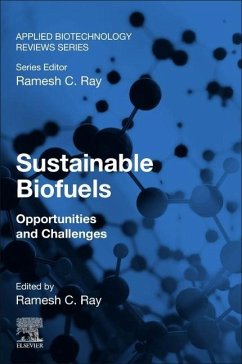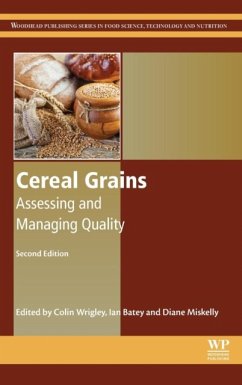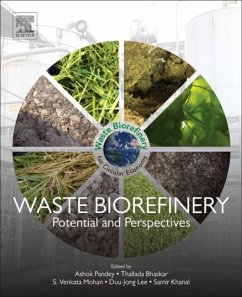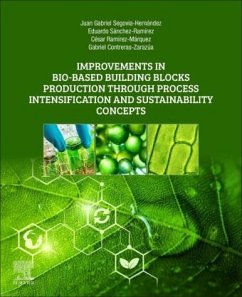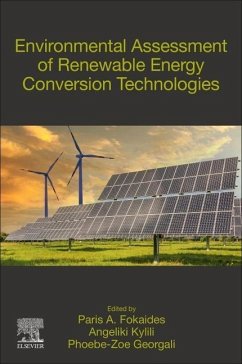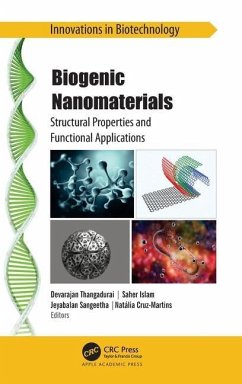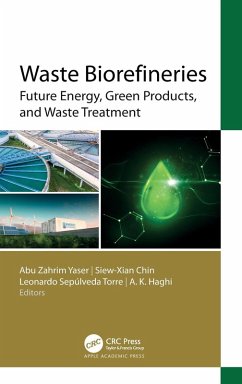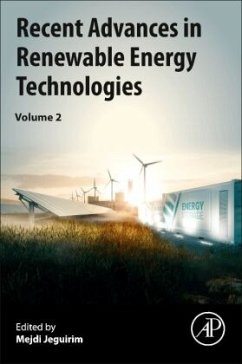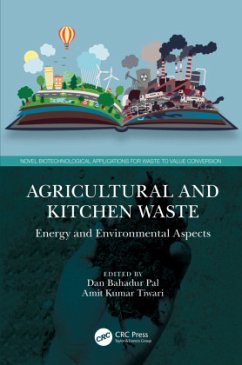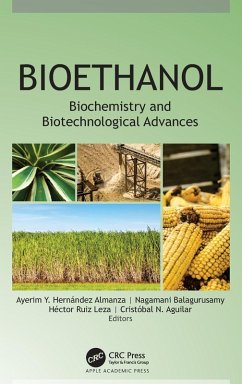
Life-Cycle Assessment of Biorefineries

PAYBACK Punkte
74 °P sammeln!
Life-Cycle Assessment of Biorefineries, the sixth and last book in the series on biomass-biorefineries discusses the unprecedented growth and development in the emerging concept of a global bio-based economy in which biomass-based biorefineries have attained center stage for the production of fuels and chemicals.It is envisaged that by 2020 a majority of chemicals currently being produced through a chemical route will be produced via a bio-based route. Agro-industrial residues, municipal solid wastes, and forestry wastes have been considered as the most significant feedstocks for such bio-refi...
Life-Cycle Assessment of Biorefineries, the sixth and last book in the series on biomass-biorefineries discusses the unprecedented growth and development in the emerging concept of a global bio-based economy in which biomass-based biorefineries have attained center stage for the production of fuels and chemicals.
It is envisaged that by 2020 a majority of chemicals currently being produced through a chemical route will be produced via a bio-based route. Agro-industrial residues, municipal solid wastes, and forestry wastes have been considered as the most significant feedstocks for such bio-refineries. However, for the techno-economic success of such biorefineries, it is of prime and utmost importance to understand their lifecycle assessment for various aspects.
It is envisaged that by 2020 a majority of chemicals currently being produced through a chemical route will be produced via a bio-based route. Agro-industrial residues, municipal solid wastes, and forestry wastes have been considered as the most significant feedstocks for such bio-refineries. However, for the techno-economic success of such biorefineries, it is of prime and utmost importance to understand their lifecycle assessment for various aspects.




